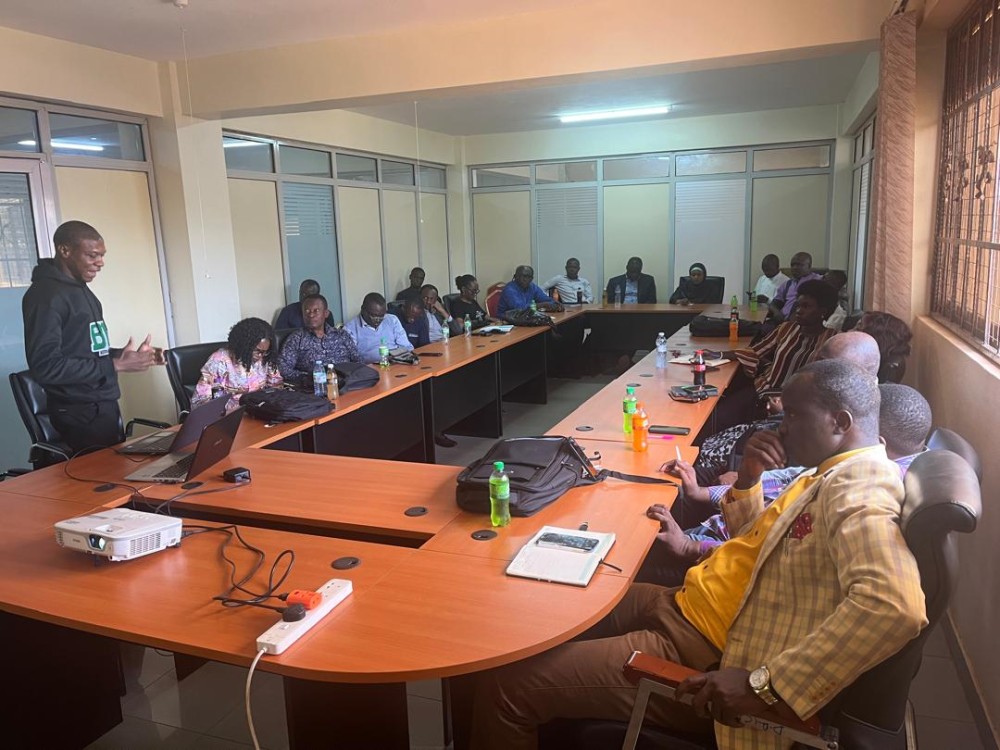
May
KIU Hosts Workshop to Enhance Research Writing and Publishing Skills
May 17, 2024, 5:08 pm
| Title: | The Effect of Knowledge and Practices on Umbilical Cord Care Among Mothers Attending Post Natal Clinic at Kampala International University Teaching Hospital, Western Uganda |
| Author(s): | Businge Louise |
| Year | 2024 |
| Publisher: | EURASIAN EXPERIMENT JOURNAL OF SCIENTIFIC AND APPLIED RESEARCH |
| URI: | https://publications.kiu.ac.ug/publication-page.php?i=the-effect-of-knowledge-and-practices-on-umbilical-cord-care-among-mothers-attending-post-natal-clinic-at-kampala-international-university-teaching-hospital-western-uganda |
| File: | |
| Keywords: |
Proper care of the umbilical cord is very necessary in order to avoid potentially fatal infections in newborns, such
as neonatal sepsis. These infections play a major role in the 2.9 million newborn fatalities that occur each year
worldwide; rates are greater in underdeveloped nations where home deliveries and improper cord care are more
common. Over 30% of the 3.3 million newborn fatalities in sub-Saharan Africa each year are due to infections,
some of which are the result of inadequate cord care. The danger of infection is increased by harmful customs such
as putting materials to the umbilical stump, such as sand, cow dung, or herbs. Pathogens such as Clostridium tetani
may infect the cord region via the birth canal, the delivery environment, and the hands of birth attendants. Certain
microorganisms are commensal in nature, while others have the ability to enter the circulation and cause newborn
sepsis. Infections account for over one-third of newborn mortality worldwide; in places like Uganda where home
birth rates are high, this percentage is higher. The use of different medicines by more than half of Ugandan women
to promote cord stump repair raises the risk of infection. In the crucial first 24 hours after giving birth, the
majority also neglect to wash their infants. In this setting, it is critical to evaluate the knowledge and actions of
mothers about appropriate dry cord care. In order to detect gaps and guide educational interventions to lower
newborn morbidity and death from avoidable cord infections. This study carried out at Kampala International
University Teaching Hospital intends to evaluate the extent of knowledge and practices and the effect on umbilical
cord care among mothers.

Kampala International University,
Box 20000, Ggaba Road, Kansanga, Kampala